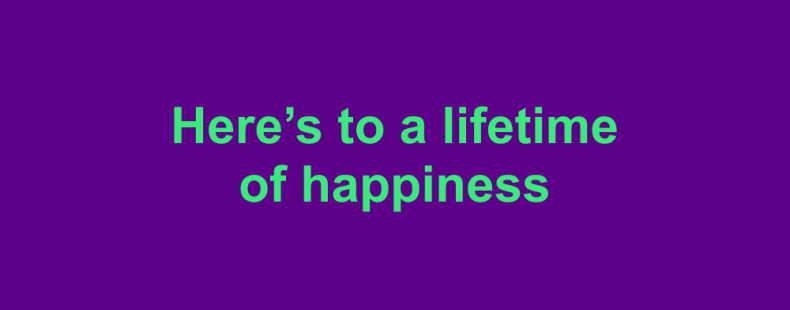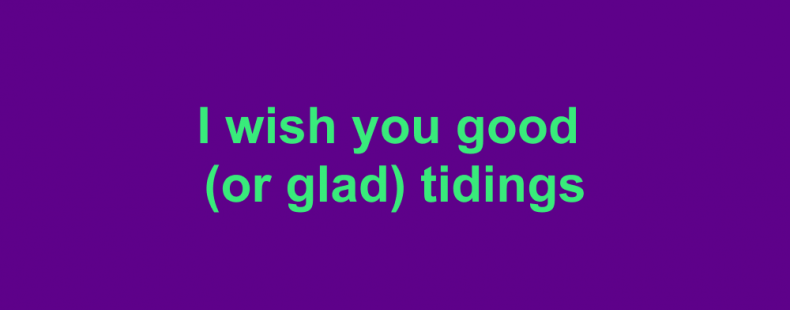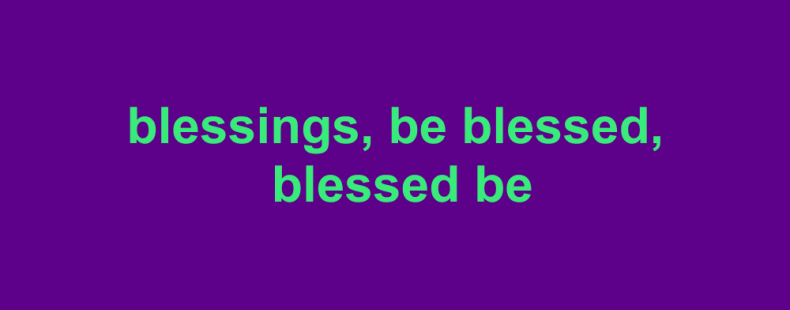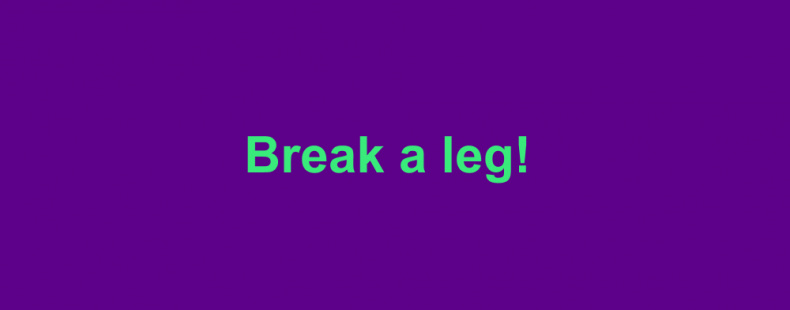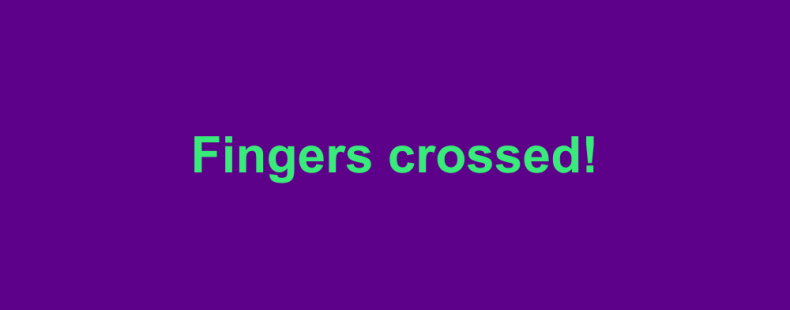How to avoid well-worn phrases like "good luck" and "congratulations"
Upon hearing good news, your first impulse is likely to say, “Congratulations“—which is used “to express joy in the success or good fortune of another.” Or you might wish someone “good luck“—which means “good fortune.” But those two phrases are not always the best options.
Sometimes using them can feel disingenuous—”lacking in frankness and sincerity—or hypocritical. For example, if you find out you and a colleague are both up for the same promotion and you simply say, “Good luck,” it may sound like you mean the exact opposite.
Similarly, some experiences are so momentous that a simple congratulations does not meet the magnitude of the occasion. Did your sister just find out that she is pregnant after 10 years of trying? Congratulations may not encapsulate all of the things you want to say. And in some instances, saying “congratulations” can be the exact wrong thing to say. So what should you say instead?
Check out this slideshow of nine things to say instead of the well-worn phrases good luck and congratulations. Make sure you’re expressing exactly what you mean in every circumstance!

